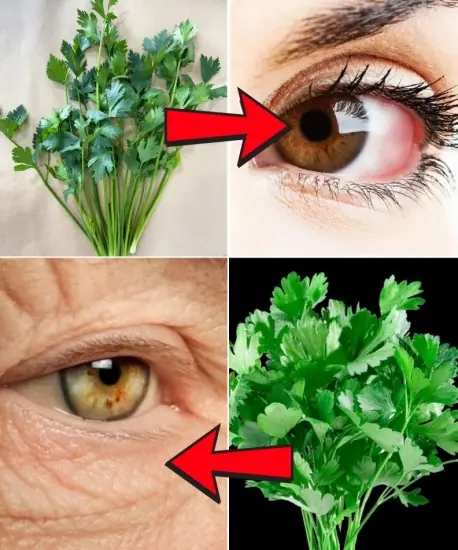
Winter Sowing: A Smart Gardening Technique for Early Harvests
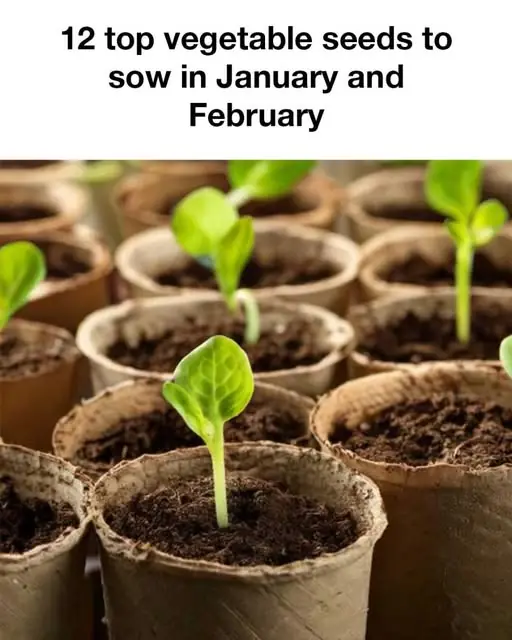
Unlock the Benefits of Winter Sowing
Winter sowing is an effective gardening technique that allows you to start seeds outdoors during the cold months of January and February. This method leverages the natural cold stratification process, improving germination rates for certain seeds. By sowing in winter, gardeners can jumpstart the growing season and enjoy fresh vegetables earlier than usual.
Advantages of Sowing Seeds in Winter
Planting vegetable seeds in January and February offers several benefits:
-
Extended Growing Season: Plants get an early start, leading to a longer harvest period.
-
Higher Yield: More time to mature results in a more abundant harvest.
-
Cost-Effective: Reduces reliance on artificial lighting and heating for seed starting.
-
Sustainable Gardening: Utilizes natural conditions rather than indoor resources.
Understanding Climate and Soil Conditions
Before winter sowing, it's essential to assess your local climate and soil:
-
Mild Winters: Many seeds can be directly sown outdoors.
-
Colder Regions: Use protective measures like cloches or cold frames.
-
Soil Quality: Ensure well-drained, nutrient-rich soil for optimal seedling growth.
Choosing the Right Seeds for Early Sowing
Selecting suitable seeds is crucial for winter sowing success. Opt for cold-hardy vegetables that thrive in low temperatures, such as:
-
Leafy Greens: Spinach, kale, lettuce, Swiss chard
-
Root Vegetables: Carrots, radishes, parsnips
-
Other Hardy Crops: Onions, leeks, peas, broccoli, cabbage
Preparing Your Garden for Winter Planting
-
Clear Debris: Remove old plants and weeds to prepare the soil.
-
Enrich the Soil: Add compost or aged manure to enhance fertility.
-
Set Up Protection: Consider cold frames or row covers to shield young plants from extreme weather.
Indoor vs. Outdoor Seed Starting
Deciding whether to start seeds indoors or outdoors depends on climate and plant needs:
-
Indoor Sowing: Provides controlled conditions for delicate seedlings.
-
Outdoor Sowing: Encourages natural acclimatization, producing hardier plants.
Best Vegetable Seeds to Sow in January & February
-
Spinach
-
Kale
-
Lettuce
-
Radishes
-
Carrots
-
Onions
-
Peas
-
Broccoli
-
Cabbage
-
Leeks
-
Swiss Chard
-
Parsnips
These cold-tolerant crops thrive in winter conditions, making them ideal for early sowing.
Tips for Successful Germination in Cold Weather
-
Keep Soil Moist: Ensure it stays damp but not waterlogged.
-
Use Mulch: Helps insulate soil and retain moisture.
-
Protect from Harsh Cold: Use row covers or cloches to shield against extreme temperatures.
-
Monitor Weather: Be ready to provide additional protection during unexpected cold spells.
Caring for Seedlings During Winter
Once seedlings emerge, ensure they receive proper care:
-
Sunlight: Position them in a sunny area or supplement with grow lights.
-
Watering: Keep soil evenly moist without overwatering.
-
Gradual Acclimatization: Harden off indoor-grown seedlings before transplanting them outdoors.
Overcoming Common Winter Sowing Challenges
-
Temperature Fluctuations: Protect seedlings with frost cloths.
-
Frost Damage: Utilize mulch or cold frames.
-
Pest Control: Monitor for pests and use organic solutions if needed.
Harvesting & Enjoying Early Crops
As winter-sown vegetables mature, begin harvesting:
-
Leafy greens: Ready when they reach a suitable size.
-
Root vegetables: Harvest when they develop the desired size and texture.
Use your fresh produce in salads, soups, and other nutritious dishes.
Conclusion: Embrace the Benefits of Winter Sowing
Winter sowing is a rewarding gardening practice that maximizes the potential of the colder months. By selecting the right seeds, preparing the garden properly, and providing adequate care, you can enjoy an early and plentiful harvest. Overcome the challenges, embrace the joys of winter gardening, and look forward to fresh, homegrown produce in the months ahead!
News in the same category

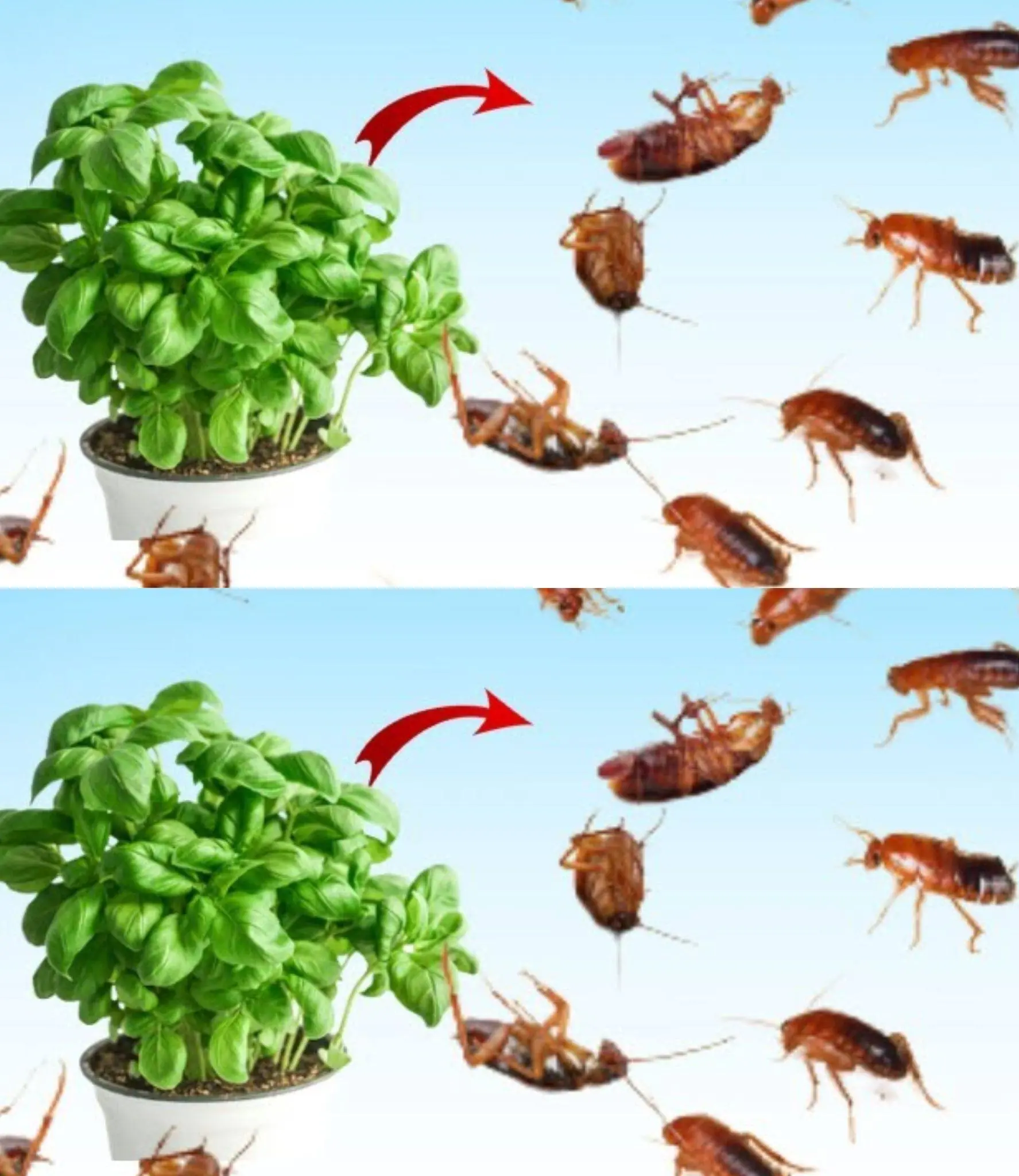
Put this for 1 hour in your house, you will never see flies, mosquitoes or cockroaches again.

Mix Vaseline with Lemon and See the Amazing Results!
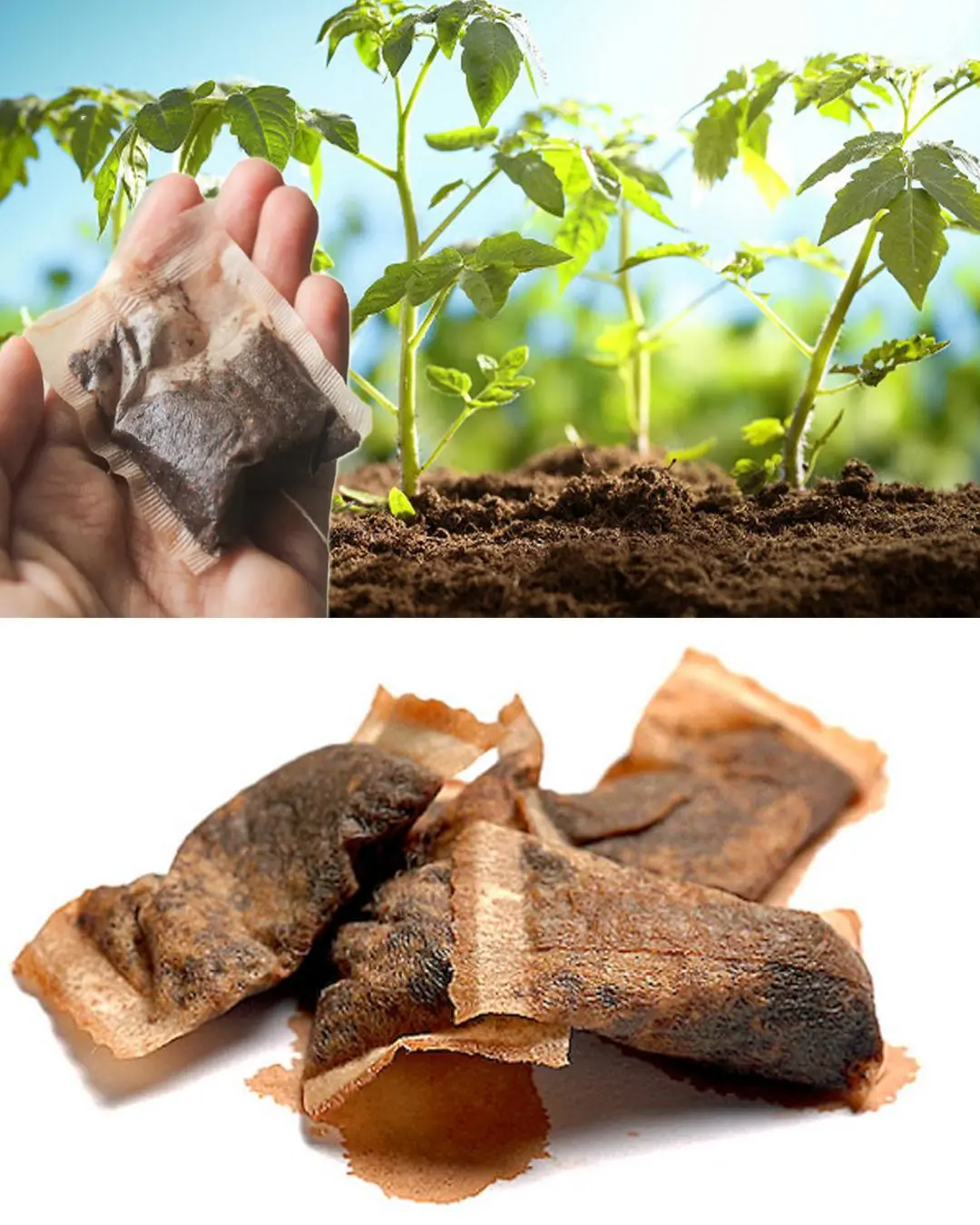
Never Plant Peppers, Tomatoes, or Other Vegetables Without This Simple Trick—It Actually Works!
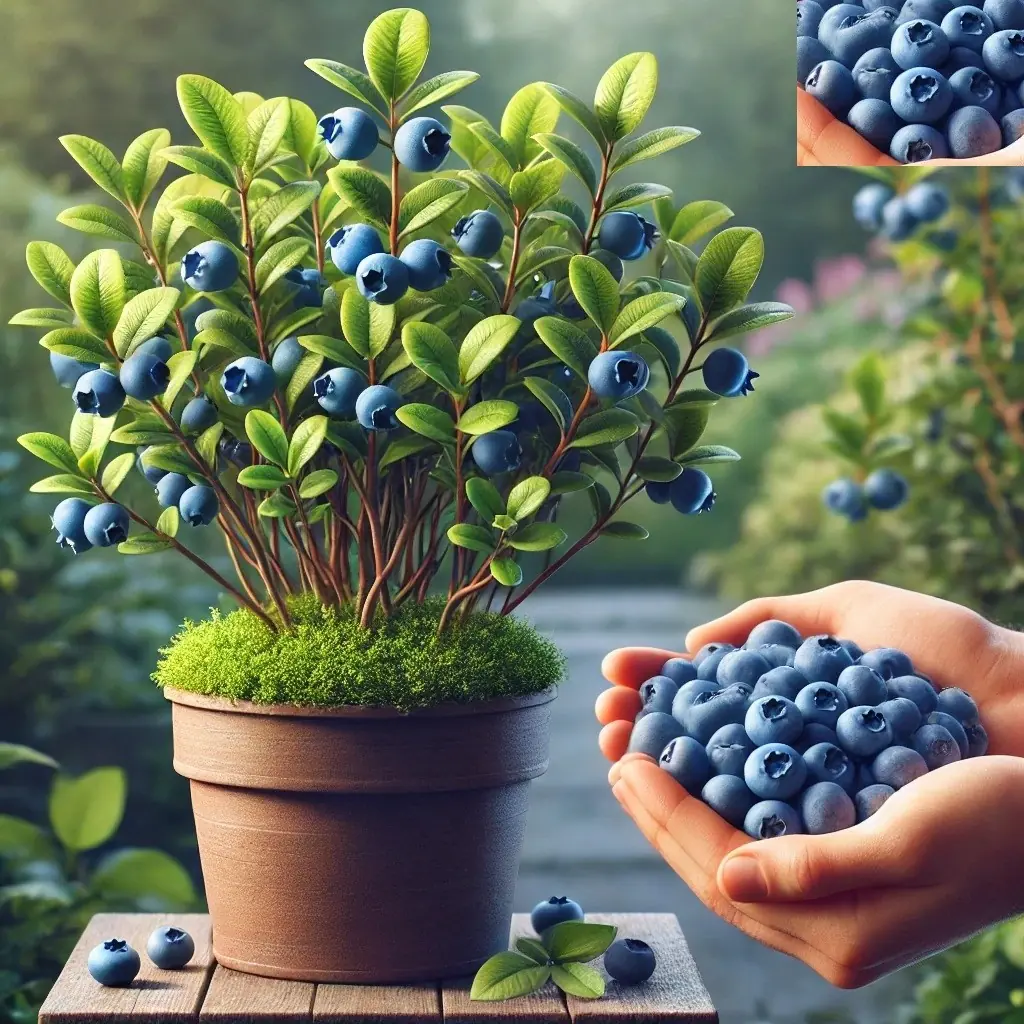
Blueberries: With This Simple Trick, You Can Grow Them at Home Nonstop
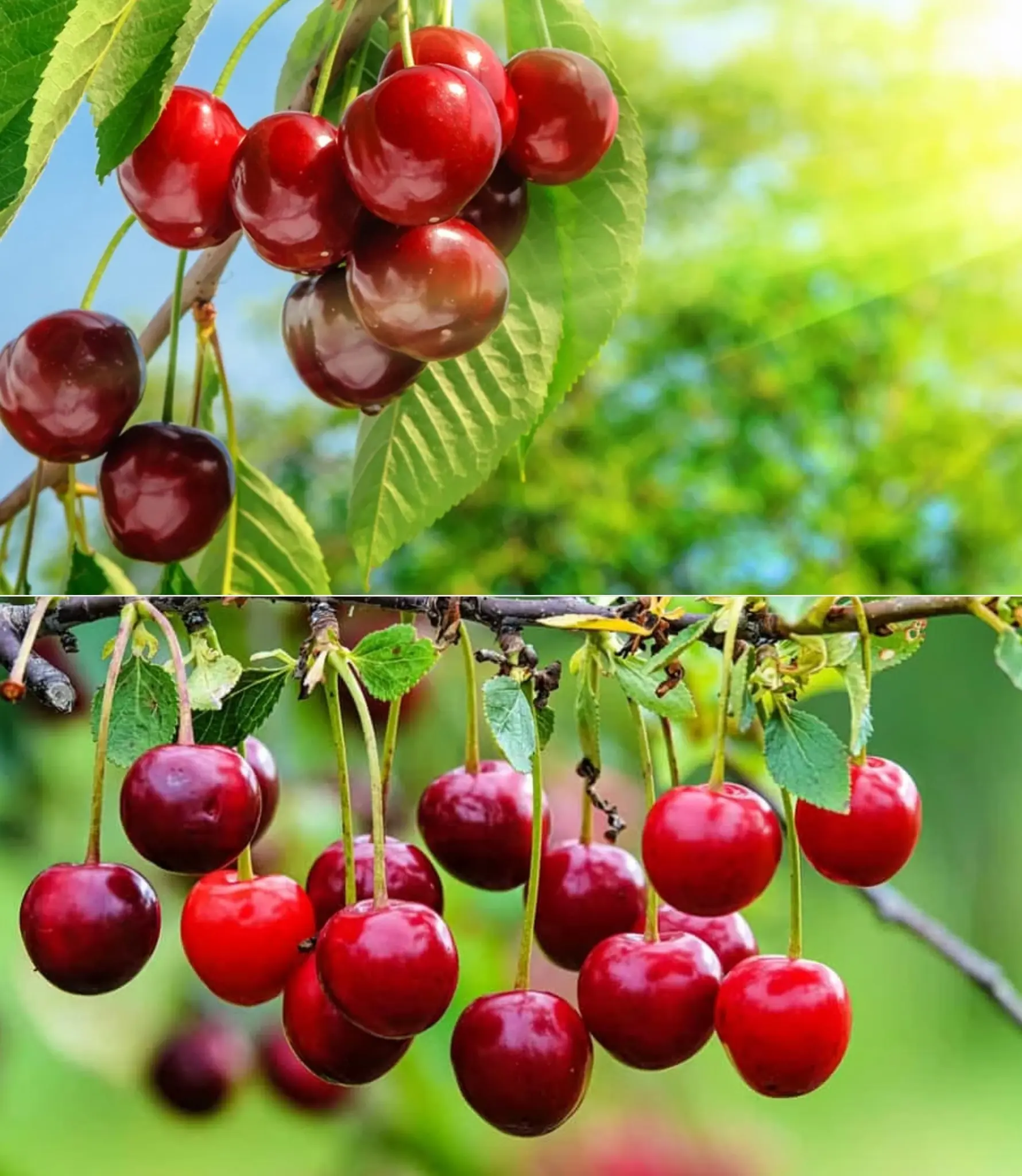
How to grow the cherry tree at home starting from the fruit: all the secrets
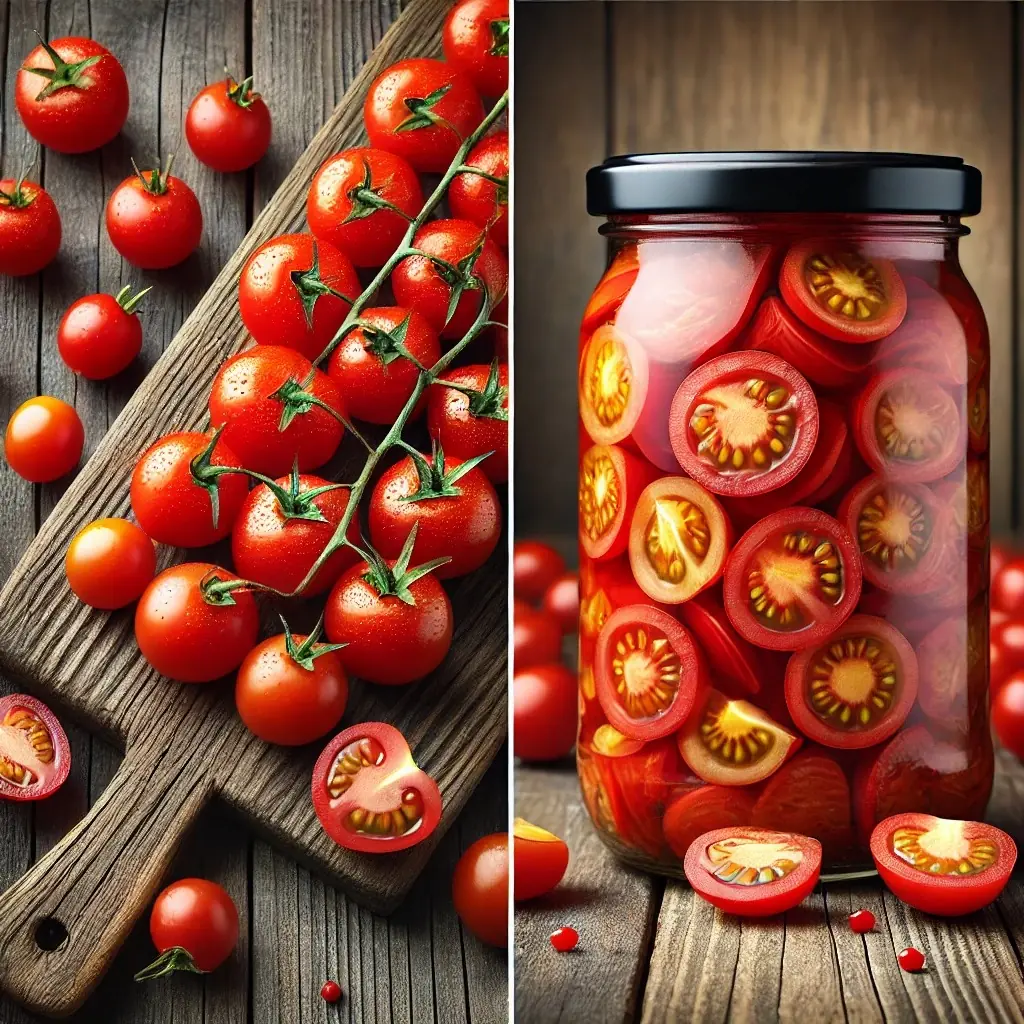
Fresh tomatoes for 2 years, no vinegar needed: the infallible method to make them last that long
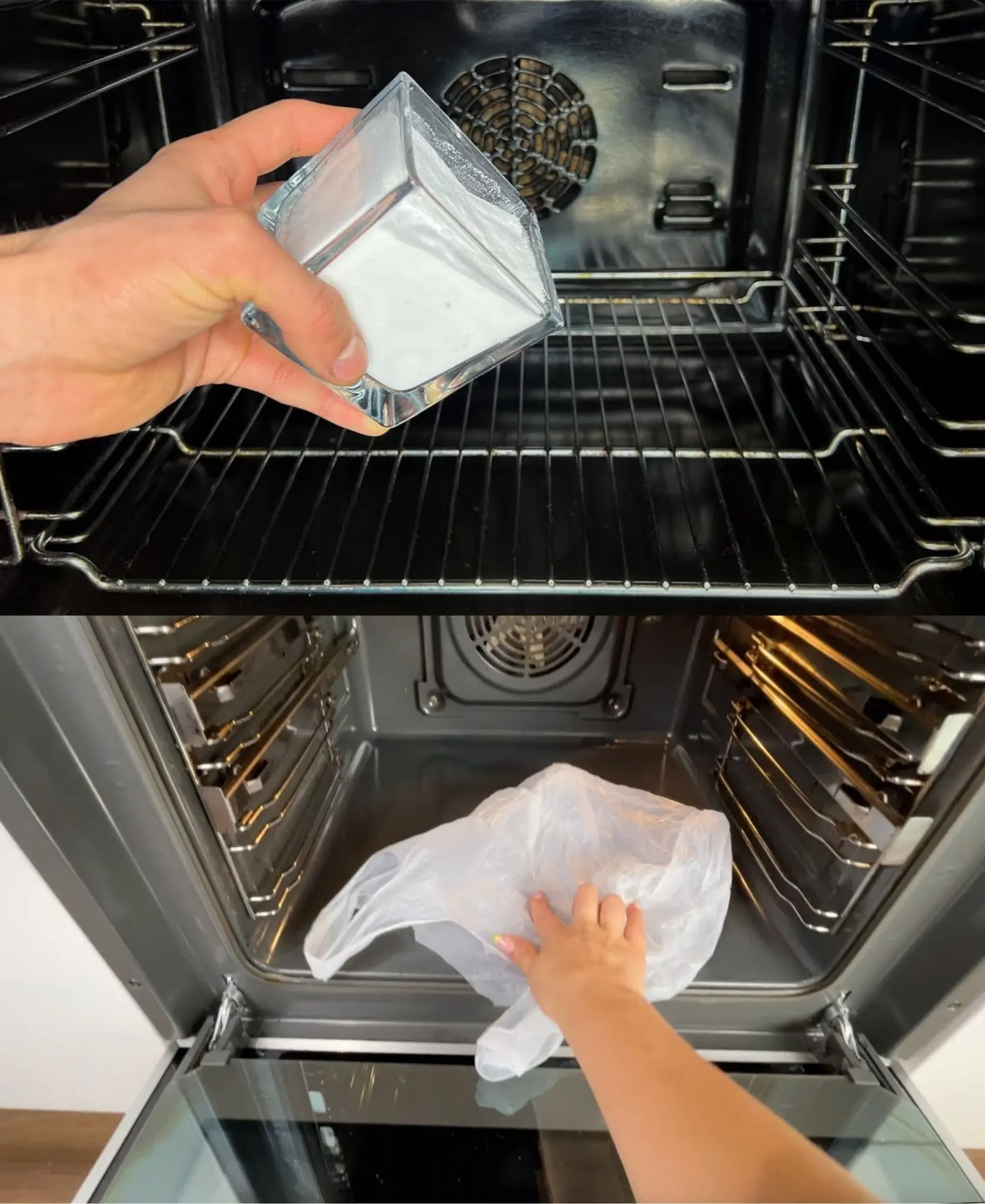
Did you know this trick to clean your oven in a flash and without effort?

House invaded by cockroaches , how to clean the floor to eliminate them immediately
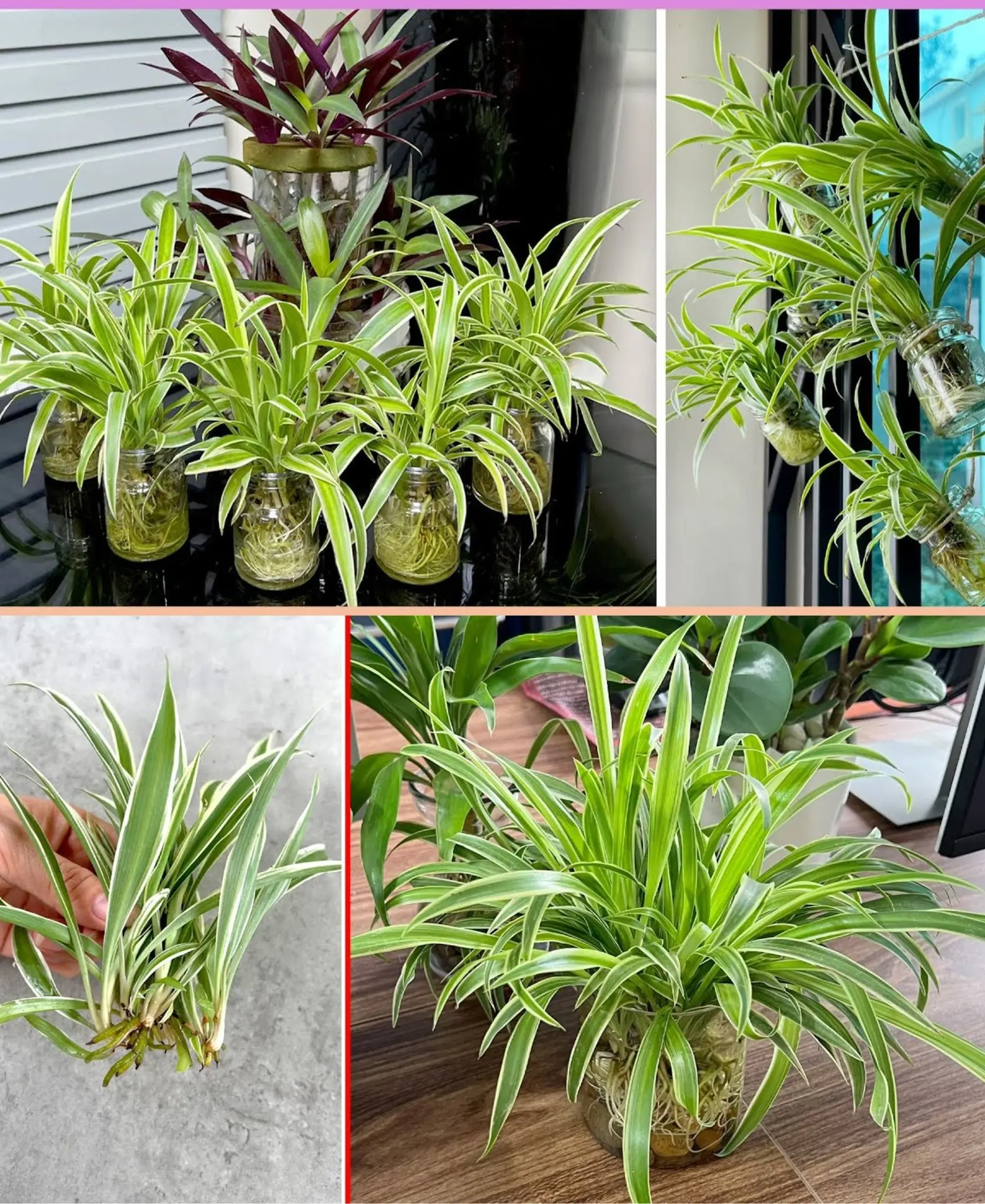
If you own this plant you are lucky: here’s why it’s worth its weight in the home
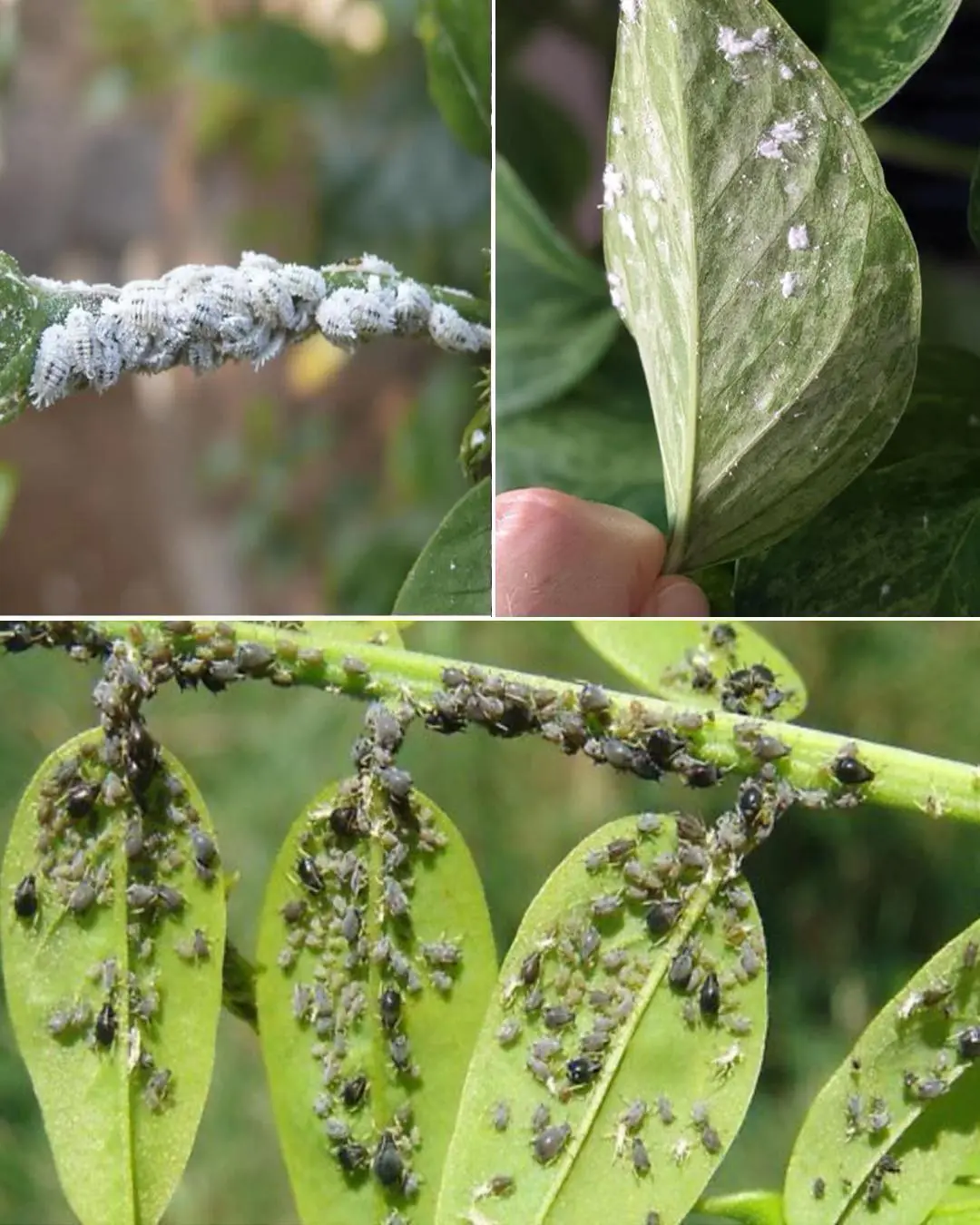
No More Aphids or Scale Insects – Simple & Natural Solutions for a Healthier Garden
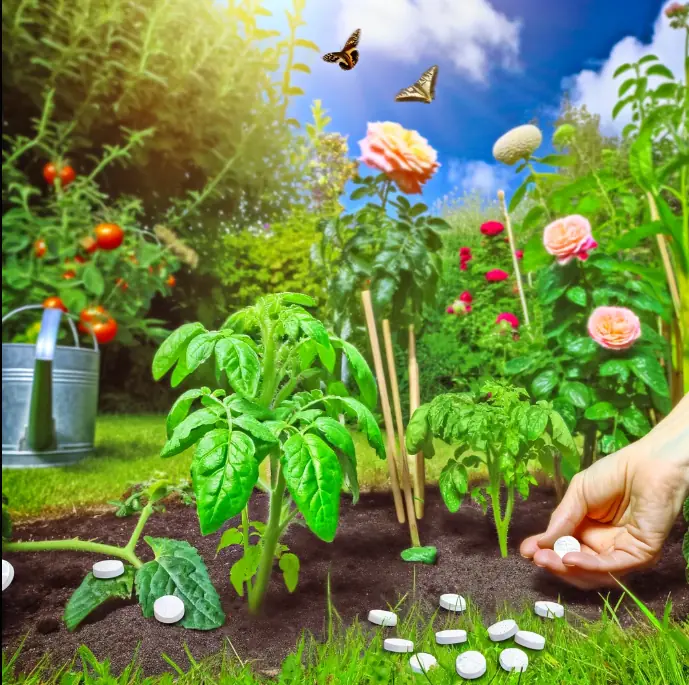
The Secret Ingredient for Thriving Plants—A Cost-Free Gardening Hack
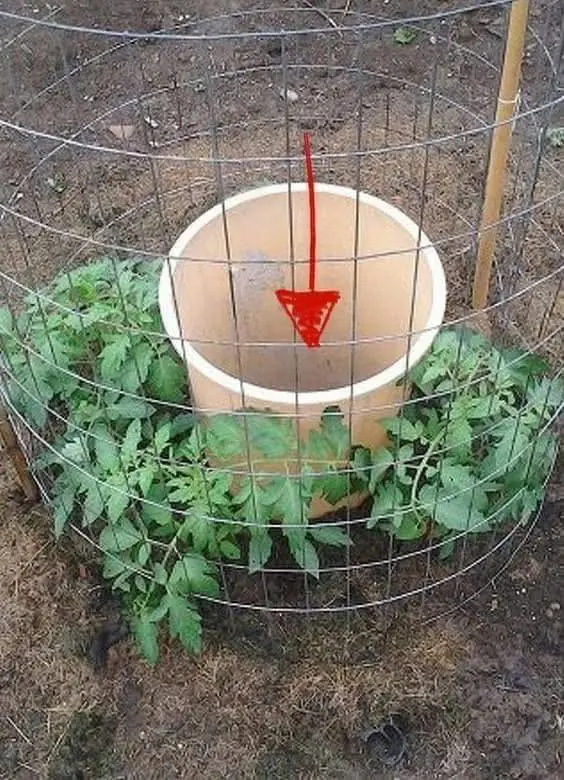
How to Grow Tomatoes Using a Perforated Trash Can and Its Benefits
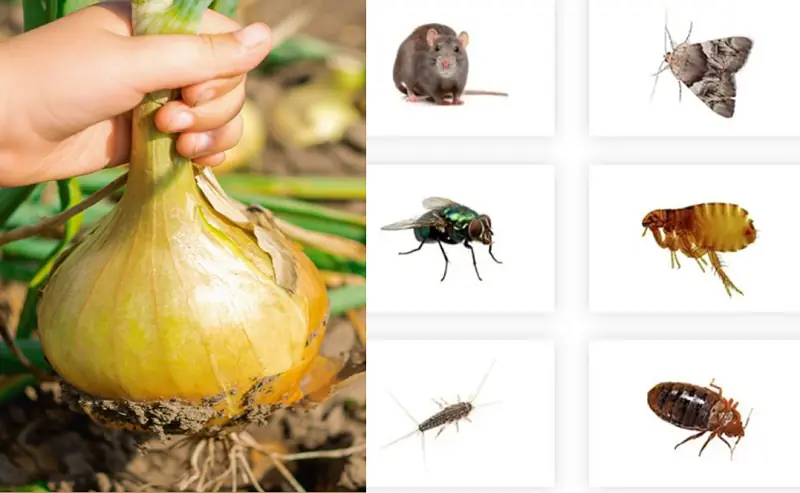
Onions: A Powerful Natural Pest Repellent
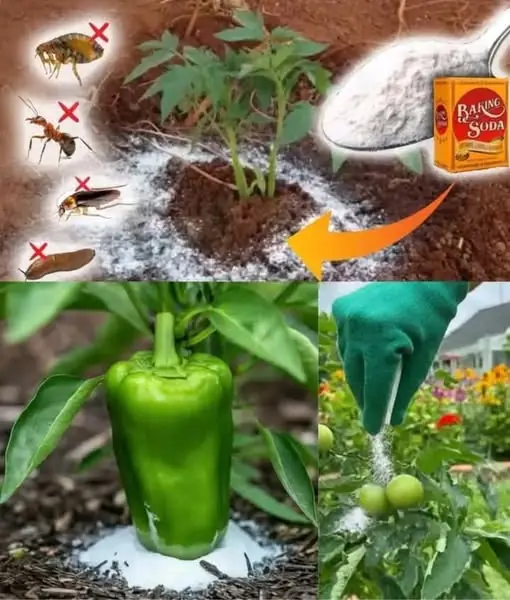
Baking Soda: A Gardener’s Best Friend – 10 Clever Uses in the Garden

The BEST Vitamin to Remove Age Spots
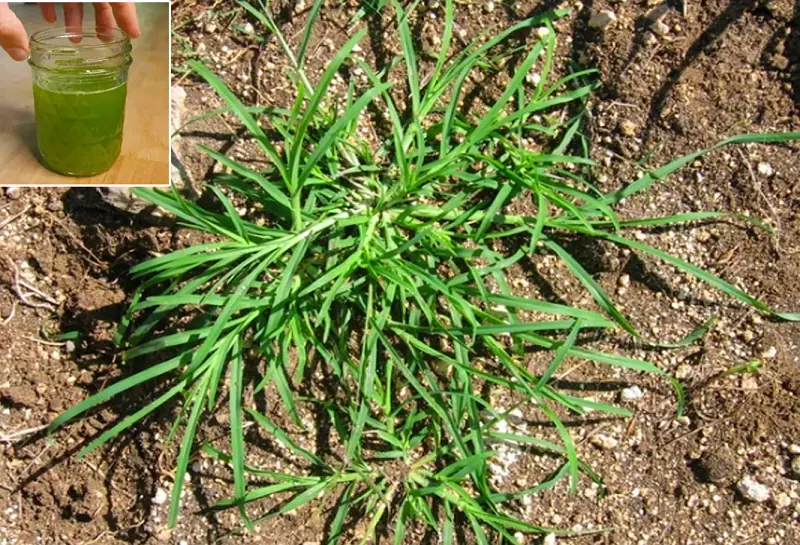
Crabgrass for Hair Loss: Natural Remedies and Uses
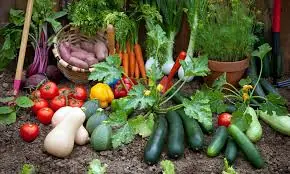
A Friendly Guide to Companion Planting
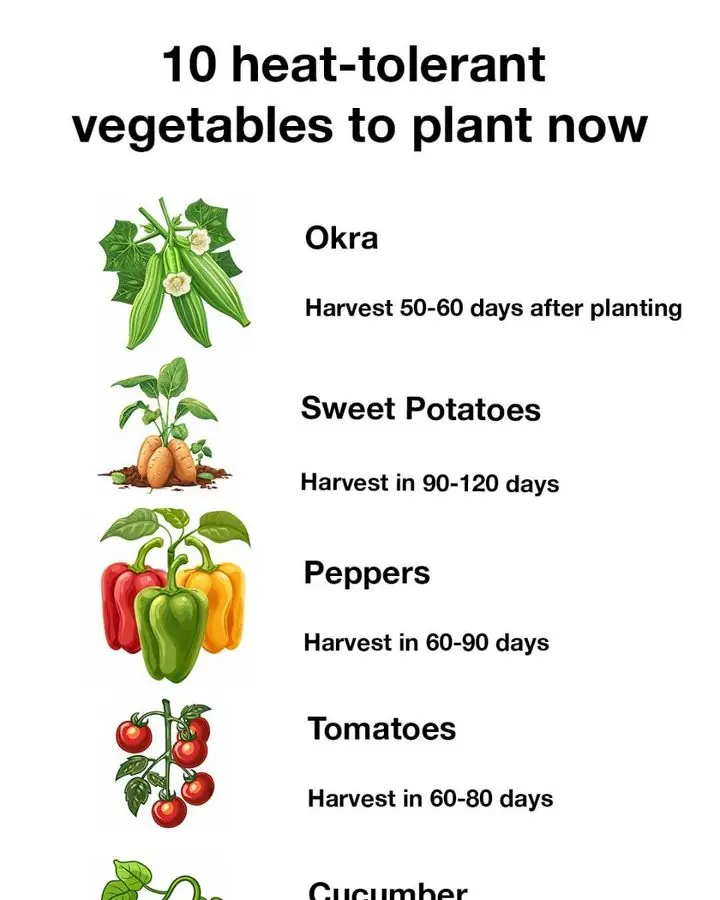
10 heat-tolerant vegetables to plant now and when to harvest
News Post

12 WARNING SIGNS OF A HEART ATTACK YOU SHOULD NOT IGNORE

Pope Francis in Critical Condition After Prolonged Respiratory Crisis: Sepsis Risk Threatens His Life
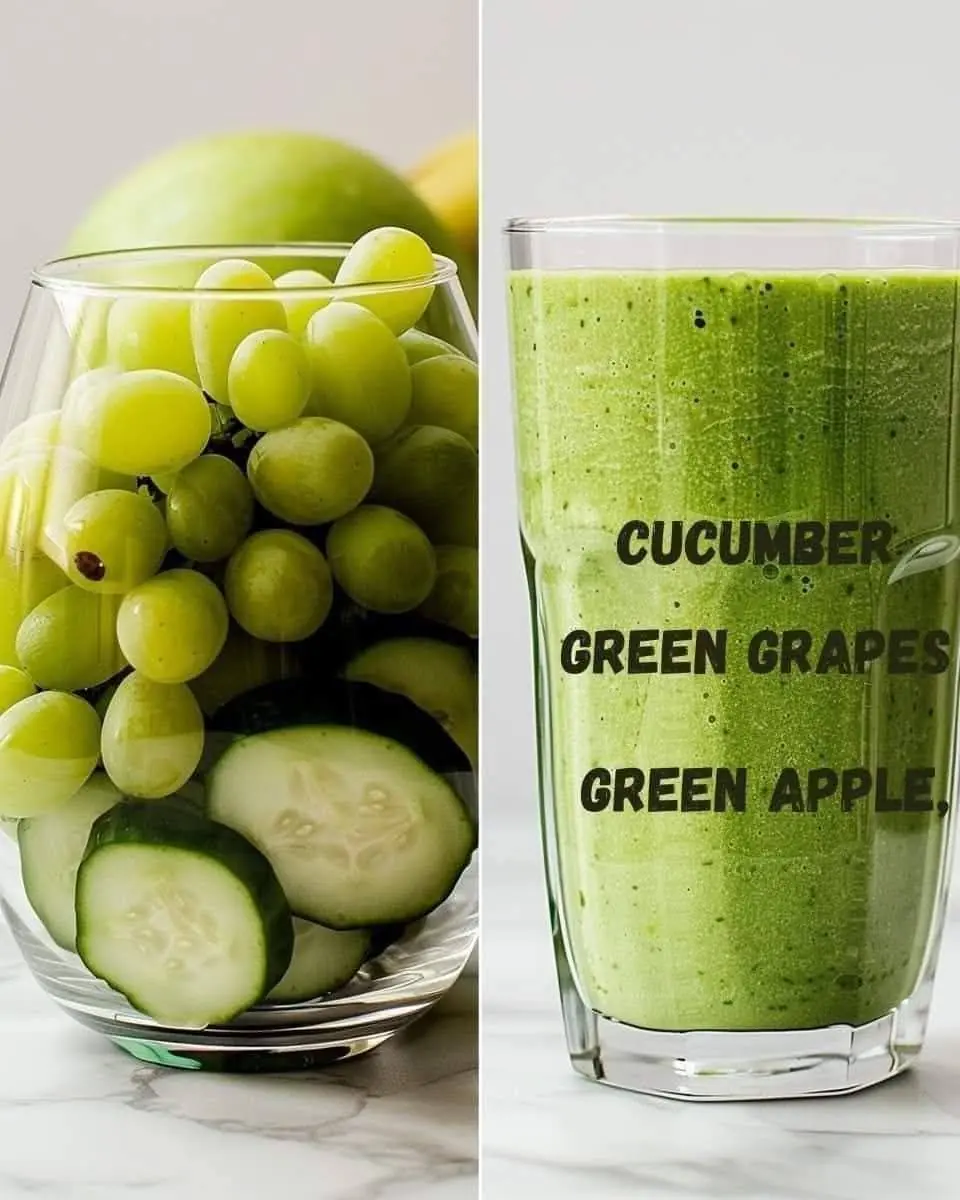
🥒🍇 Cucumber and Grape Smoothie
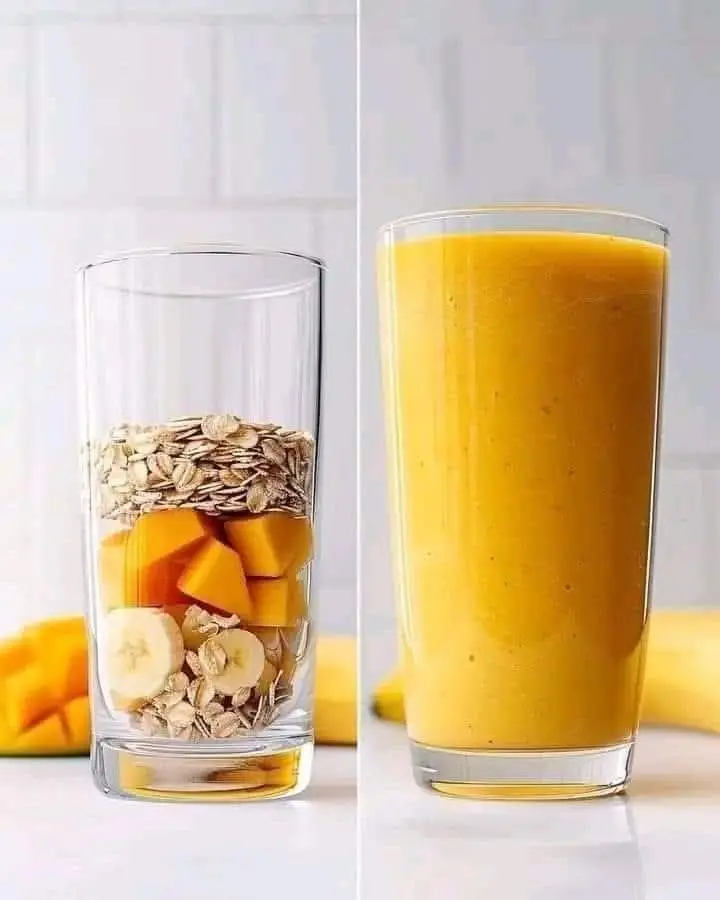
Tropical Oatmeal Smoothie – A Creamy, Nutritious Delight! 🥭🍍
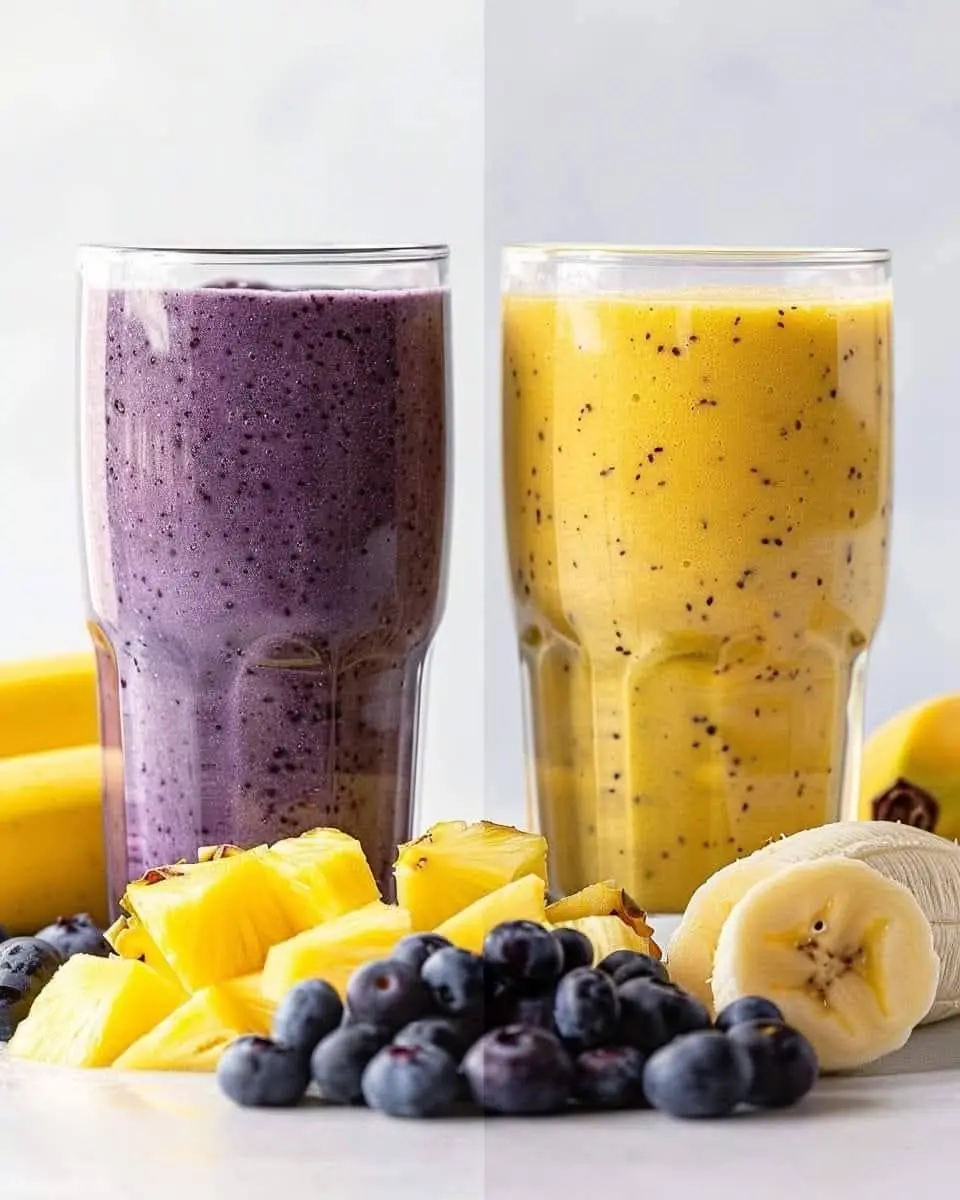
Blueberry Pineapple Smoothie – A Tropical Antioxidant Boost! 🍃✨
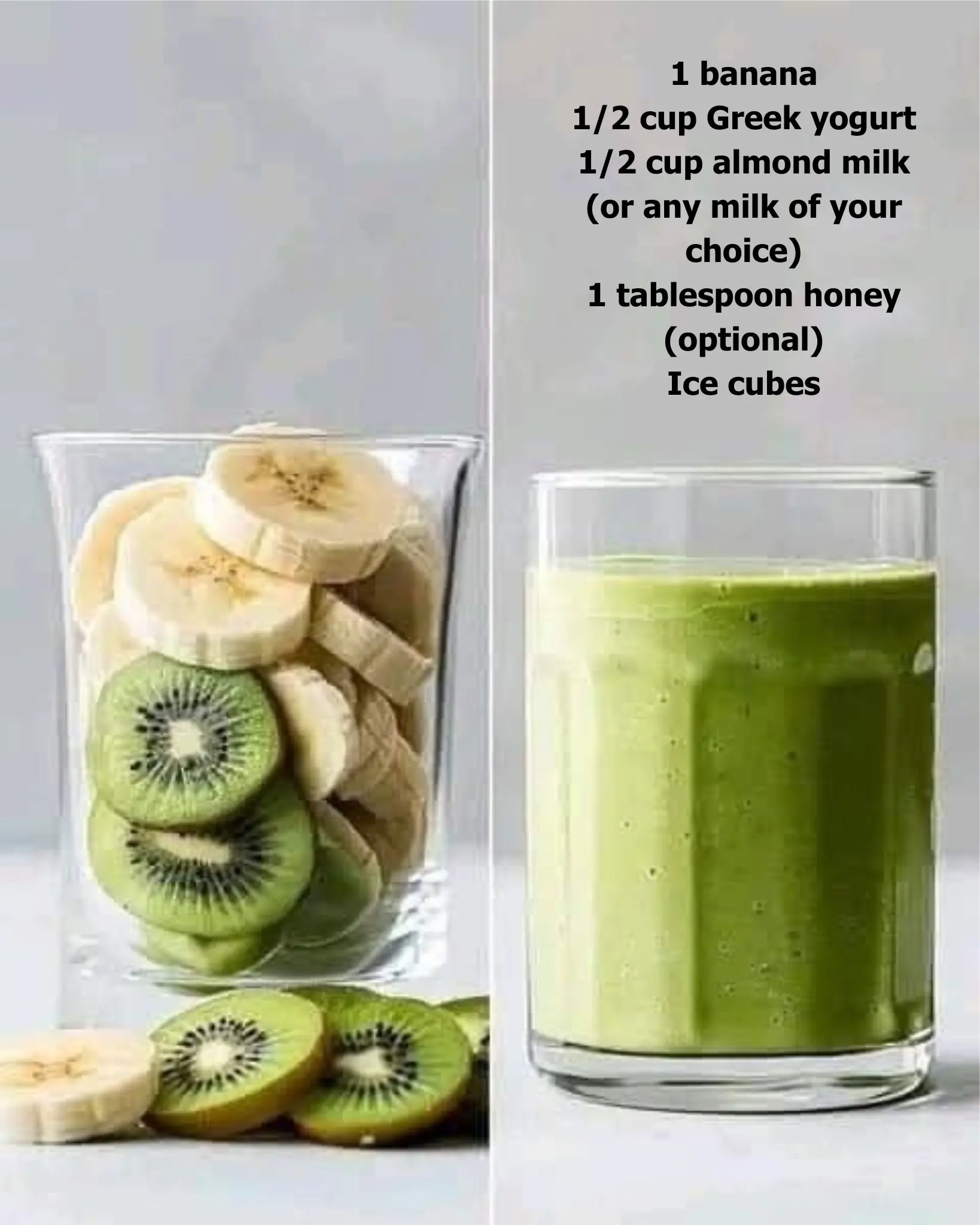
Kiwi Banana Smoothie – A Refreshing & Nutrient-Packed Delight! 🍃
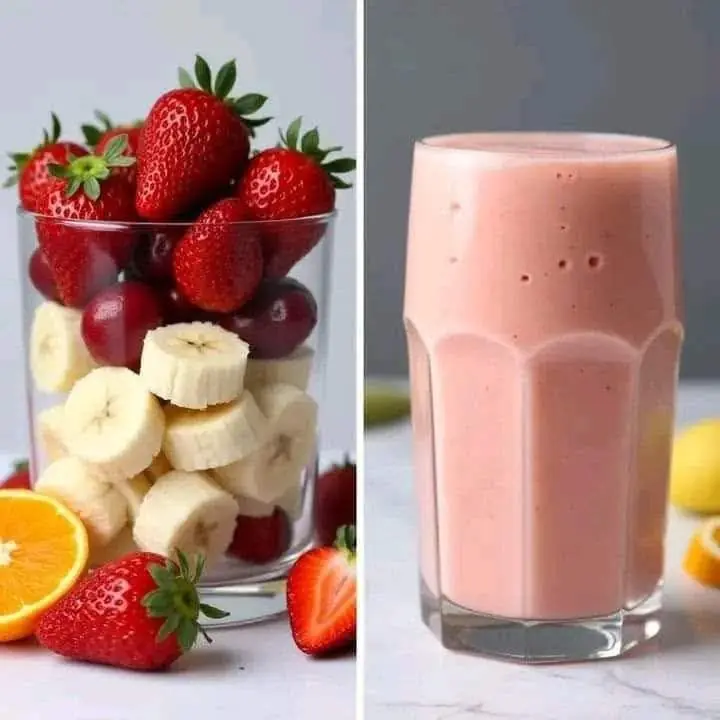
Strawberry Banana Smoothie – A Classic & Refreshing Delight! 🍹✨
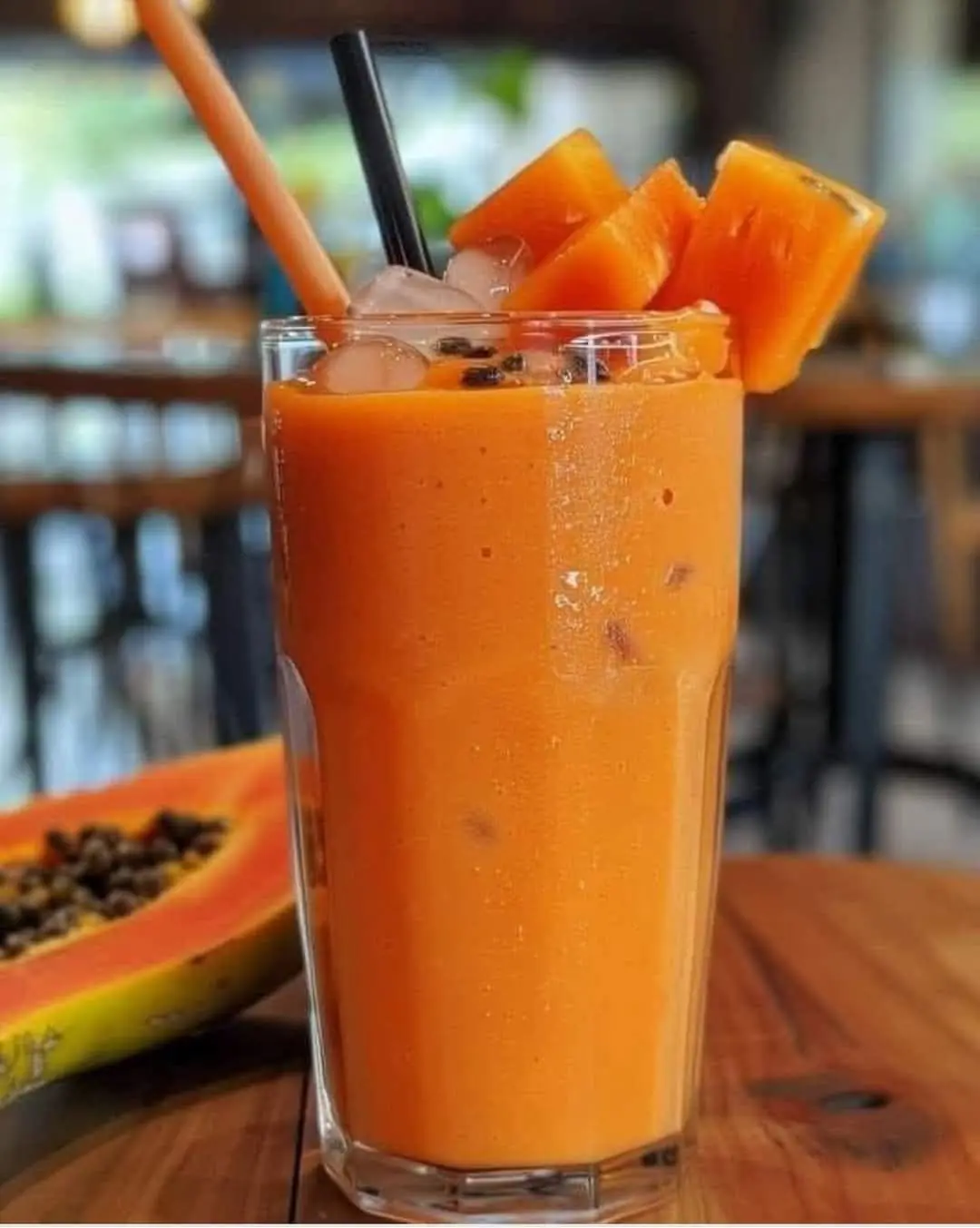
Delicious Papaya Smoothie – Tropical Bliss in a Glass! 🍹✨
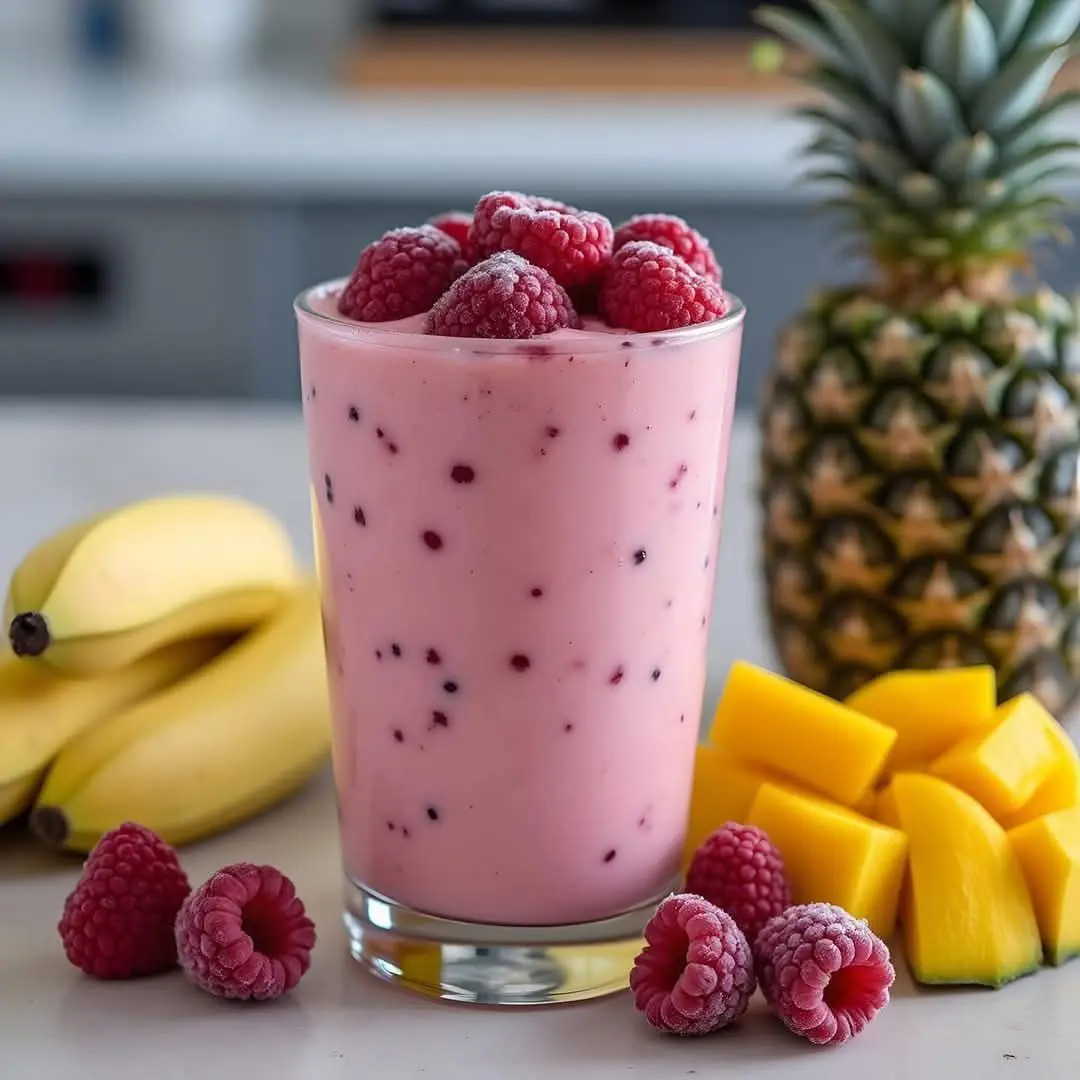
Pink Punch Smoothie – A Tropical Delight! 🌸🍍
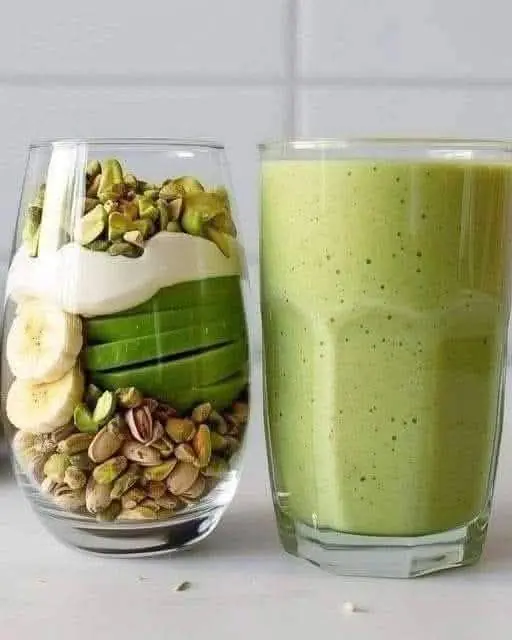
Creamy Pistachio Smoothie – A Nutty & Nourishing Treat! 🌿🥤
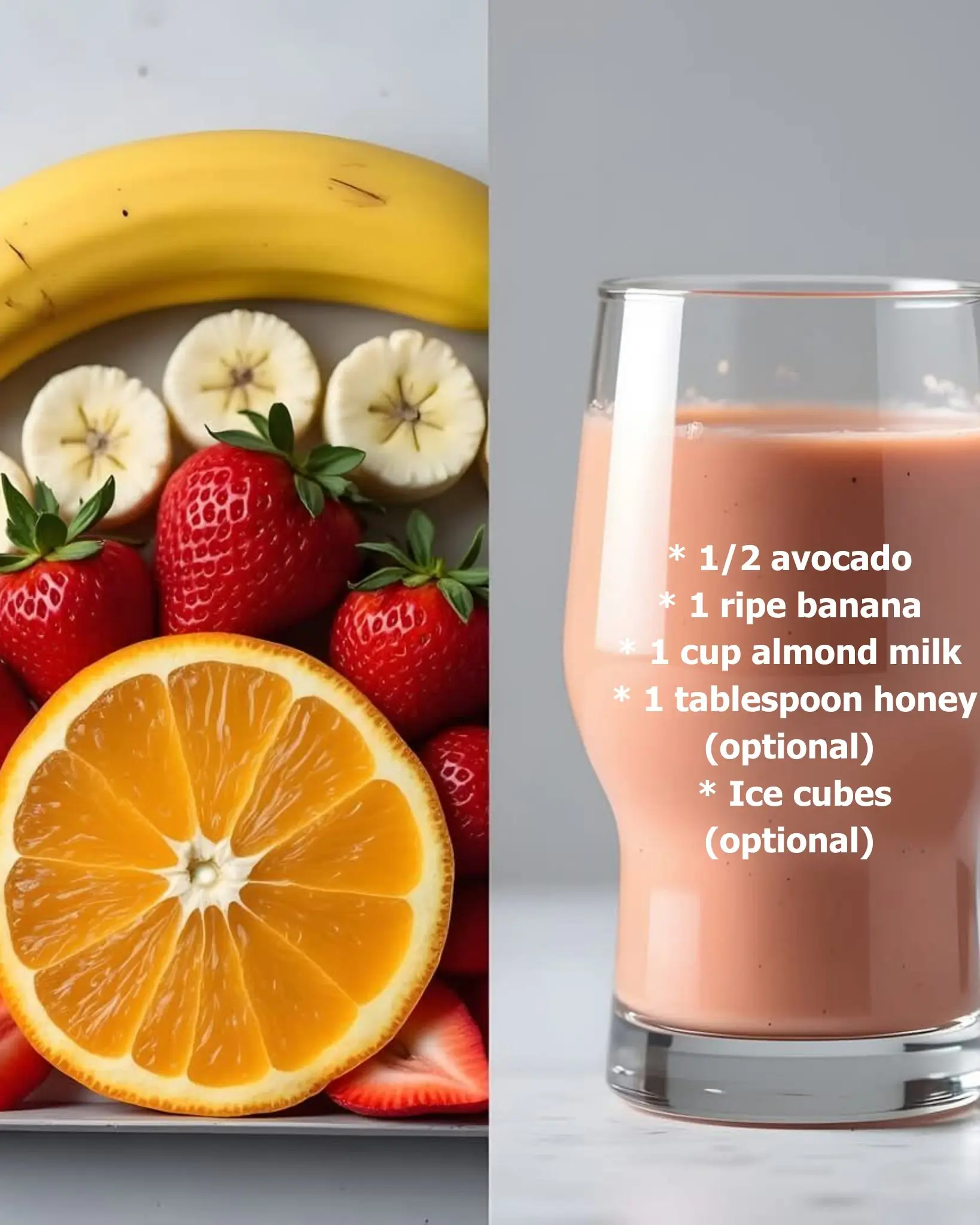
Creamy Avocado Banana Smoothie – A Nutrient-Packed Delight! 🥤✨

Berries & Banana Smoothie – A Berrylicious Treat! 🫐✨
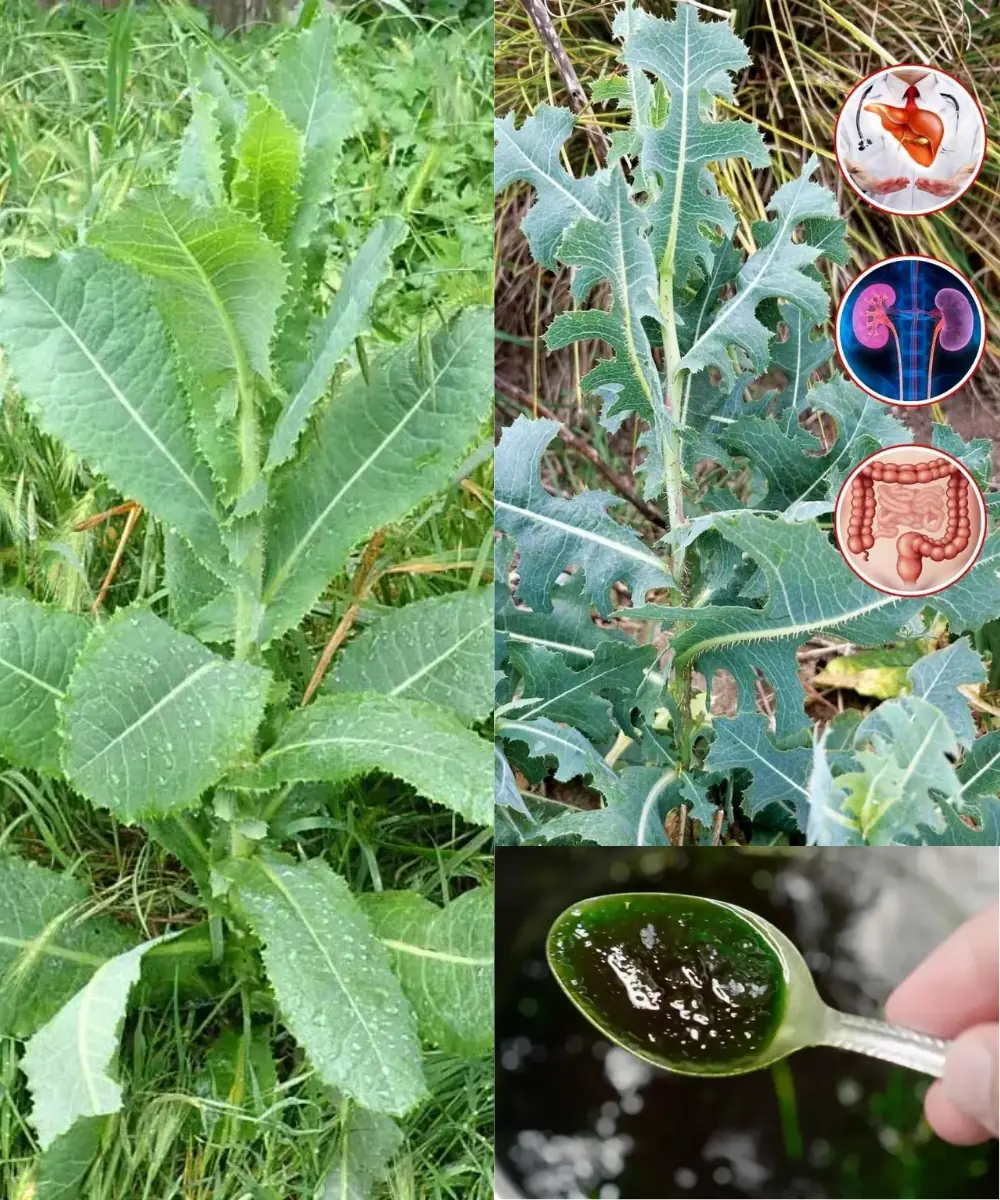
Unlocking the Secrets of Prickly Lettuce: A Natural Wonder for Health and Culinary Delights

🍍🥭 Pineapple Mango Smoothie 🥤✨
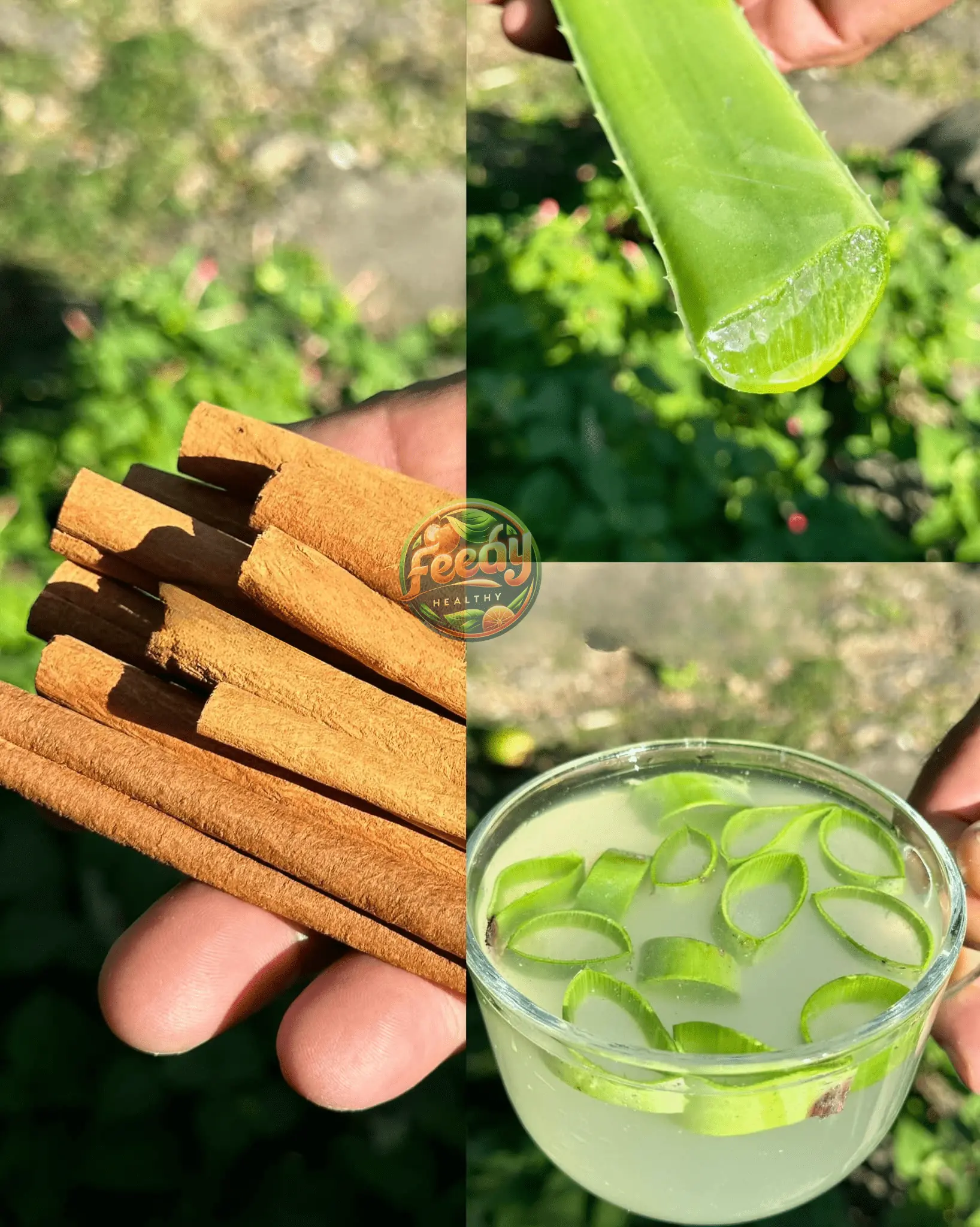
No One Should Die from Cancer or Lose Their Vision – Try This Powerful Recipe!

5 REASONS WHY YOU SHOULD SLEEP ON YOUR LEFT SIDE
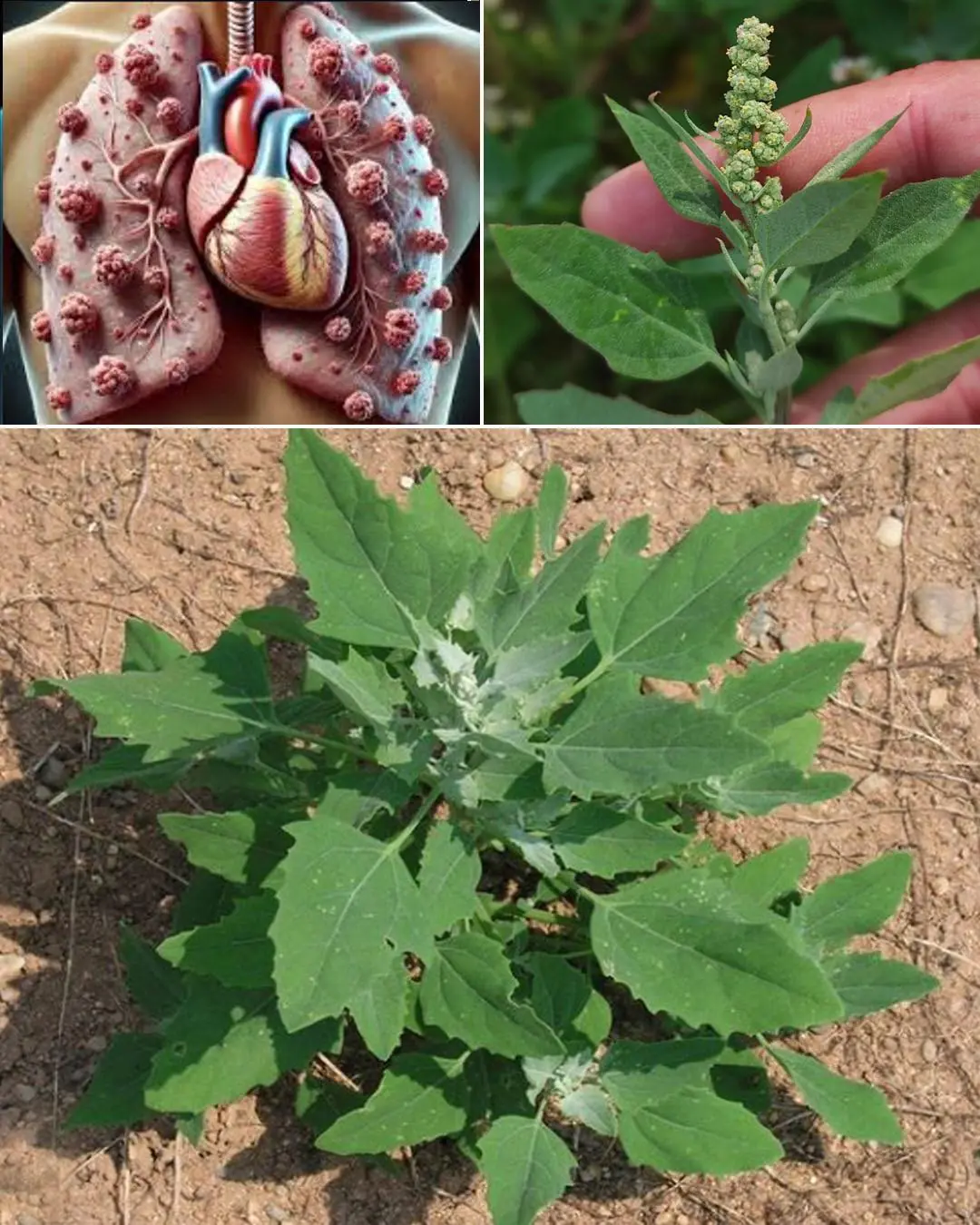
Lamb’s Quarters: The Overlooked Superfood with Incredible Health Benefits

Enhance Your Vision Naturally with Parsley Juice

Put this for 1 hour in your house, you will never see flies, mosquitoes or cockroaches again.
